Mangbetu (1954)
장르 : 다큐멘터리
상영시간 : 30분
연출 : Gérard De Boe
시놉시스
An ethnographic documentary about the Mangbetu tribe of the Belgian Congo (now the Democratic Republic of the Congo). The film features a discussion of various rites including the Mangbetu practice of head binding, as well as various examples of traditional music and dance.
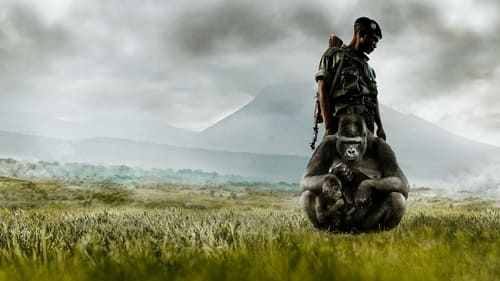
아프리카에서 가장 진귀한 국립공원과 멸종위기에 처한 고릴라들을 구하기 위해 위험을 불사하는 관리원들의 오스카상 후보에 빛나는 실제 이야기
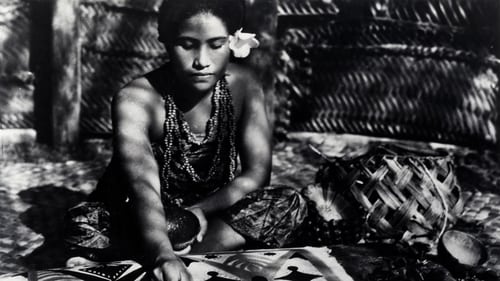
에스키모의 삶을 촬영한 다큐멘터리 (1922)의 성공에 힘입어 플래허티는 파라마운트로부터 폴리네시아에 관한 다큐멘터리를 제작할 것을 제안받게 된다. 아내와 함께 사모아 섬에 도착한 플래허티는 백인들이 이 섬에 도착하기 이전의 원주민들의 삶의 방식을 자신의 카메라에 담고자 하였다. 는 낚시, 요리, 축제 등 현대문명에 노출되지 않은 폴리네시아 원주민들의 일상이 담긴 영화로, 플래허티는 인위적인 연출을 통해 작품에 극적 긴장감을 불어넣기보다는 객관적이고 관조적인 시선으로 원주민들의 소박하지만 아름다운 삶을 응시하고 있다. (부산시네마센터 2011 - [개관영화제]백화열전)
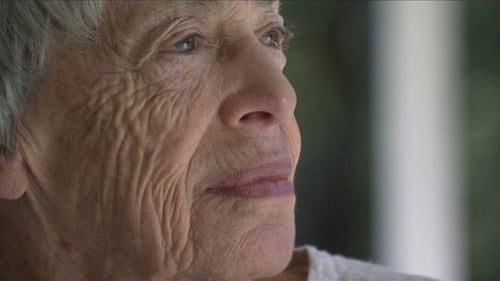
고인이 된 페미니스트 작가 어슐러 르 귄의 놀라운 삶과 유산을 탐구하는 최초의 장편 다큐멘터리. 르 귄은 세계 3대 판타지 소설로 꼽히는 '어스시 시리즈'와 '바람의 열두 방향', '어둠의 왼손', '빼앗긴 자들'과 같은 획기적인 공상 과학 소설과 판타지 작품으로 잘 알려진 작가다. 르 귄이 10년 동안 함께해 만들어진 이 다큐멘터리는 작가가 걸어온 길과 신념, 작품 세계를 현실적이면서도 환상적으로 안내해 준다.
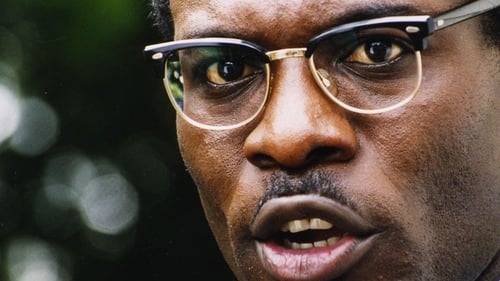
The true story of the rise to power and brutal assassination of the formerly vilified and later redeemed leader of the independent Congo, Patrice Lumumba. Using newly discovered historical evidence, Haitian-born and later Congo-raised writer and director Raoul Peck renders an emotional and tautly woven account of the mail clerk and beer salesman with a flair for oratory and an uncompromising belief in the capacity of his homeland to build a prosperous nation independent of its former Belgian overlords. Lumumba emerges here as the heroic sacrificial lamb dubiously portrayed by the international media and led to slaughter by commercial and political interests in Belgium, the United States, the international community, and Lumumba's own administration; a true story of political intrigue and murder where political entities, captains of commerce, and the military dovetail in their quest for economic and political hegemony.

This intimate ethnographic study of Voudoun dances and rituals was shot by Maya Deren during her years in Haiti (1947-1951); she never edited the footage, so this “finished” version was made by Teiji Ito and Cherel Ito after Deren’s death.
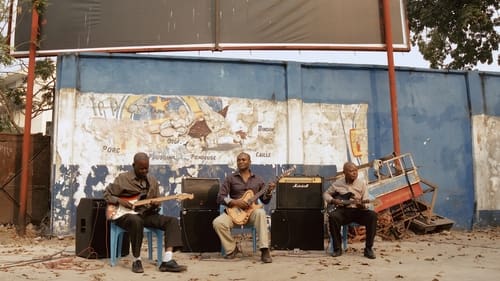
In the fifties, when the future Democratic Republic of Congo was still a Belgian colony, an entire generation of musicians fused traditional African tunes with Afro-Cuban music to create the electrifying Congolese rumba, a style that conquered the entire continent thanks to an infectious rhythm, captivating guitar sounds and smooth vocals.

When a girl in the Wayuu tribe has her first menstruation, begins her transformation from girl to woman, locked up and isoleted by the rest of her family for at least a year, learning the most ancestral traditions of her Wayuu ethnic group.

The story of a poor girl who leaves her starving family and sheep for a more prosperous village. Her grandfather finds her and tries to convince her to return to her home.

Founding father of Anthropology, Bronislaw Malinowski's work raises powerful and disturbing questions today. This is a look at his legacy and the imprints it has made on the generations that followed.

This documentary started as part of a photography project about the indigenous Ainu population in northern Japan, portraying people from tightly knit communities. They feel deeply connected by their culture and tradition. With gorgeous pictures, the directors explore how different generations of Ainu reflect on their identity after centuries of oppression.

An ethnographic documentary about the Mangbetu tribe of the Belgian Congo (now the Democratic Republic of the Congo). The film features a discussion of various rites including the Mangbetu practice of head binding, as well as various examples of traditional music and dance.
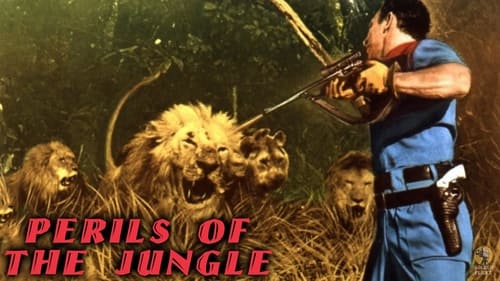
On an African safari with his friend Grant, Clyde Beatty plans to buy some black-maned Numbian lions from Jo Carter but her animals are wiped out by a fire. Despite interference by rival dealer Gorman, who hopes to ruin Jo, Beatty saves her business by helping her to capture an adult gorilla. (2nd story) When Grant is bitten by a tsetse fly and falls ill, Beatty heads for the nearest hospital through the territory of the dangerous Matabeles tribe. They are captured and condemned to death by Grubbs, a white man living with the tribe and stealing their gold. Using the Matabele Boy King as a shield, Beatty and Grant make an escape and Grubbs is forced to accompany them, leaving his loot behind.

The Bapst Brothers: Romain, Maurice and Jacques – whom we will also meet in The Gruyere Chronicle (produced in 1990) – are peasants and carriers and work with their father. In autumn and winter, they bid for the community’s wood, cut down the pine trees and bring down the logs through the snowy woods by horse-drawn sleigh.
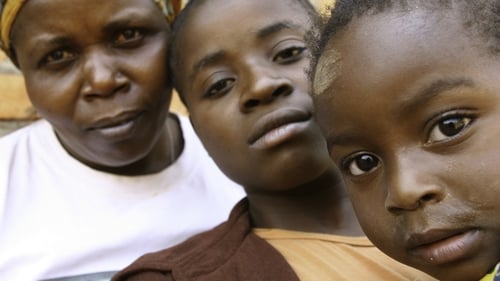
Sexual violence against women is a very effective weapon in modern warfare: instills fear and spreads the seed of the victorious side, an outrageous method that is useful to exterminate the defeated side by other means. This use of women, both their bodies and their minds, as a battleground, was crucial for international criminal tribunals to begin to judge rape as a crime against humanity.

In Brussels, the Africa Museum must remodel to reflect the brutal past of Belgium's colonial legacy. It's under pressure with the ghost of King Leopold still haunting Belgium's former African colonies who say the colonial power never accepted the terrible crimes they oversaw. This intelligent documentary explores the legacy on the ground and the renovation of a revered institution to more accurately reflect history.

David and Judith MacDougall are exploring the marriage rituals and roles of Turkana women in this ethnographic documentary. The film's biggest part is taken up by talks between the Turkana people. As one of the first ethnographic documentaries "A Wife Among Wives" subtitles these talks so that the viewer can get a better and probably more personal understanding of the life of the Turkana.

Forest of Bliss is an unsparing yet redemptive account of the inevitable griefs, religious passions and frequent happinesses that punctuate daily life in Benares, India's most holy city. The film unfolds from one sunrise to the next without commentary, subtitles or dialogue. It is an attempt to give the viewer a wholly authentic, though greatly magnified and concentrated, sense of participation in the experiences examined by the film.

In the same vein as Meri's other documentations, this one takes advantage of the glasnost policy to discuss the social and ecologic impact of the Russian oil industry on the natives and the lands they inhabit.

Two Congolese men and three Europeans are thrown together as they try to avoid the political turmoil of the Congo.

Portrays the Nuer, Nilotic herdsmen of the Nile basin. Shows how their daily lives revolve about their cattle, and depicts the psychological bonds between them. Includes extensive use of Nuer music and poetry.











